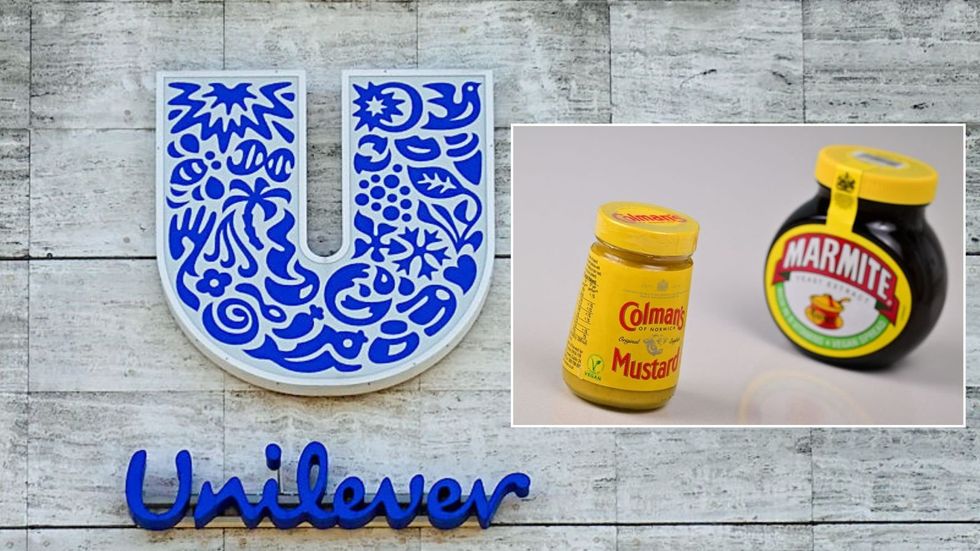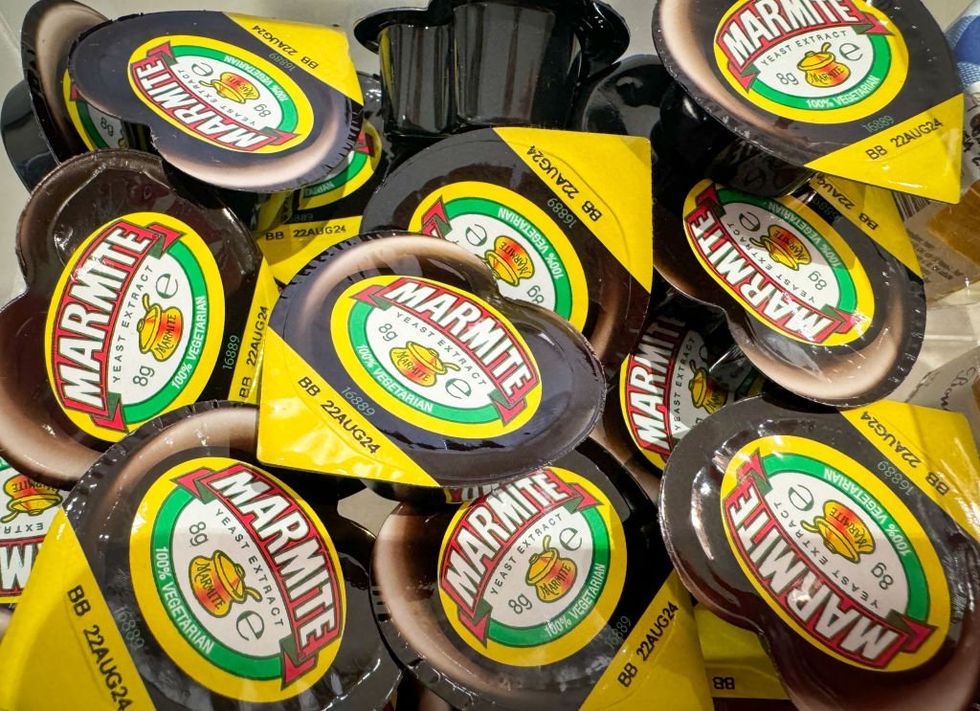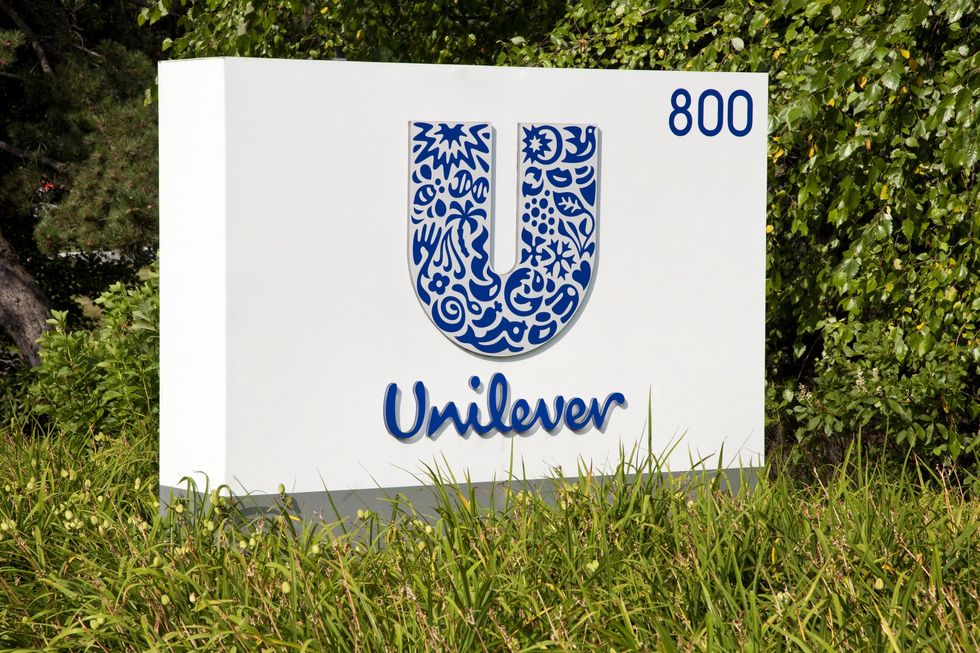Unilever considers selling Marmite, Bovril and Colman's Mustard after 25 years of ownership

GB News

Heritage brands worth £200million a year could pass to foreign buyers
Don't Miss
Most Read
Latest
Unilever is considering selling three of Britain's most recognisable food brands, raising the prospect that Marmite, Bovril and Colman's Mustard could soon move into new ownership for the first time in twenty five years.
The consumer goods group is evaluating whether to divest the heritage labels as part of a strategic shift away from packaged foods and towards higher-growth health and beauty categories.
The three brands generate around £200million a year in revenue and may attract foreign buyers if a sale proceeds.
Incoming chief executive Fernando Fernández, who took charge in February, is accelerating the company’s restructuring programme.
Mr Fernández is seeking to narrow Unilever’s broad product portfolio and dispose of what previous management described as legacy food operations.
It follows moves under former chief executive Hein Schumacher to rationalise what he called an “eclectic portfolio of food brands”.
The company has already begun separating its €15 billion Magnum ice cream division, which is expected to be carved out as a standalone business.
This places the possible disposal of Marmite, Bovril and Colman’s within a broader strategic pivot affecting the entire group.
Rival consumer goods manufacturers are pursuing similar plans.

Unilever is considering selling three of Britain's most recognisable food brands
|GETTY
Nestlé is reviewing its bottled water business while Kraft Heinz has outlined proposals for its own restructuring.
Colman’s Mustard traces its history back to 1814, when it was founded in Norwich and became the original English mustard.
Production remained in East Anglia for two centuries until Unilever transferred manufacturing to Staffordshire in 2019, prompting criticism from local campaigners.
Marmite was created in Burton-on-Trent in 1902 using leftover brewer’s yeast from the Bass brewery.
It became a staple in soldiers’ rations during the First World War and has since become one of the country's most distinctive spreads.
Bovril dates to 1871, when Scotsman John Lawson Johnston produced a beef extract to supply the French army during meat shortages.
LATEST DEVELOPMENTS

Some food brands will remain central to the organisation
|GETTY
Unilever later acquired Marmite and Bovril through its $20 billion purchase of Bestfoods in 2000, adding the brands to a portfolio that also includes Hellmann’s and Ambrosia.
The company’s retreat from British heritage brands has already been visible in recent years.
Unilever sold the Lipton’s Tea business to private equity investors in 2022 and has chosen to list its future ice cream company outside London.
Some food brands will remain central to the organisation.
Hellmann’s mayonnaise is one of Unilever’s top thirty “power brands” and will be retained despite its origins in New York.
Pot Noodle is also expected to remain within the group.
These selective decisions underline Unilever’s preference for globally scaled labels over region-specific household names.
The shift comes amid sustained shareholder frustration.
Unilever’s share price has been broadly flat since 2017, and investors have criticised several turnaround attempts that failed to lift profitability.
Mr Schumacher stepped down after struggling to persuade shareholders that his restructuring would revive growth.
Unilever has faced weakened profit margins and slow sales as inflation has affected both consumer demand and production costs.
Earlier leadership changes also contributed to investor dissatisfaction.

The possible sale of Marmite, Bovril and Colman’s now marks the latest step in Unilever’s effort to refocus its operations
| GETTYFormer chief executive Alan Jope, who left in 2023, faced criticism for prioritising brand “purpose” over core commercial performance.
In 2019 Mr Jope said the company would divest products that could not “stand for something more important than just making your hair shiny, your skin soft, your clothes whiter or your food tastier”.
Prominent investor Terry Smith responded that the company had “lost the plot”, adding: “The Hellmann's brand has existed since 1913 so we would guess that by now consumers have figured out its purpose.”
The possible sale of Marmite, Bovril and Colman’s now marks the latest step in Unilever’s effort to refocus its operations.
If approved, the disposal would close a significant chapter in the history of three of Britain’s best-loved food staples.
Our Standards: The GB News Editorial Charter










